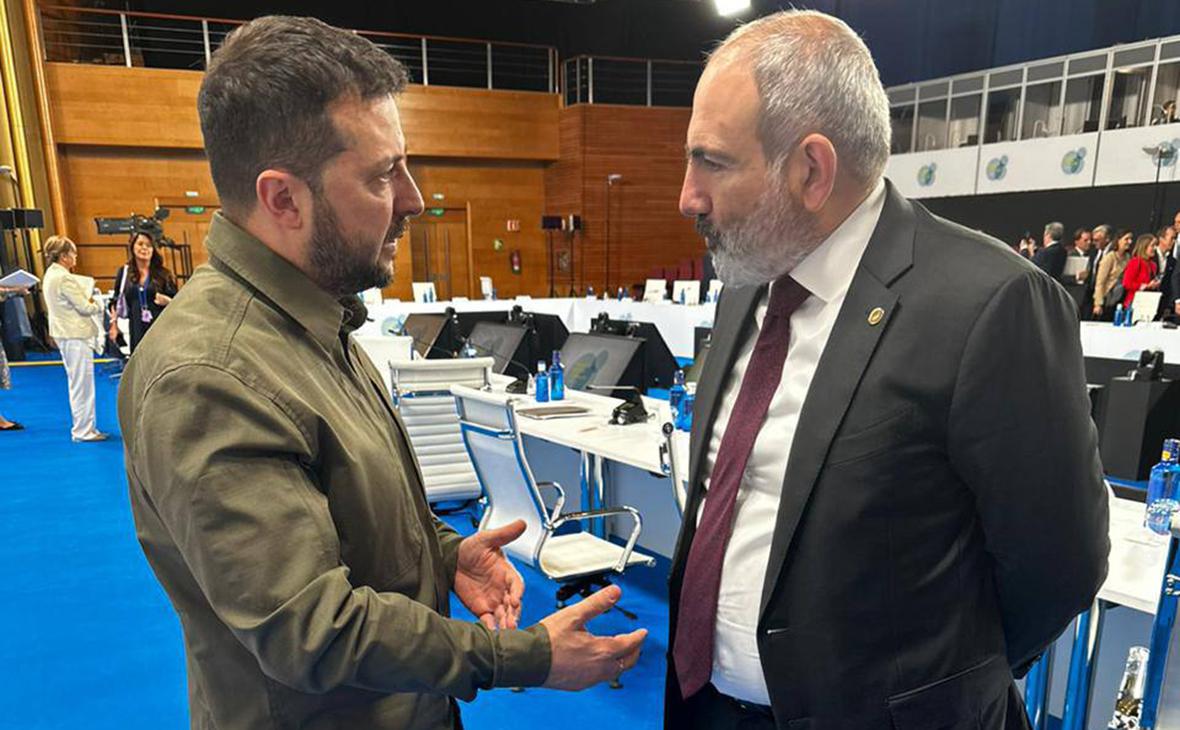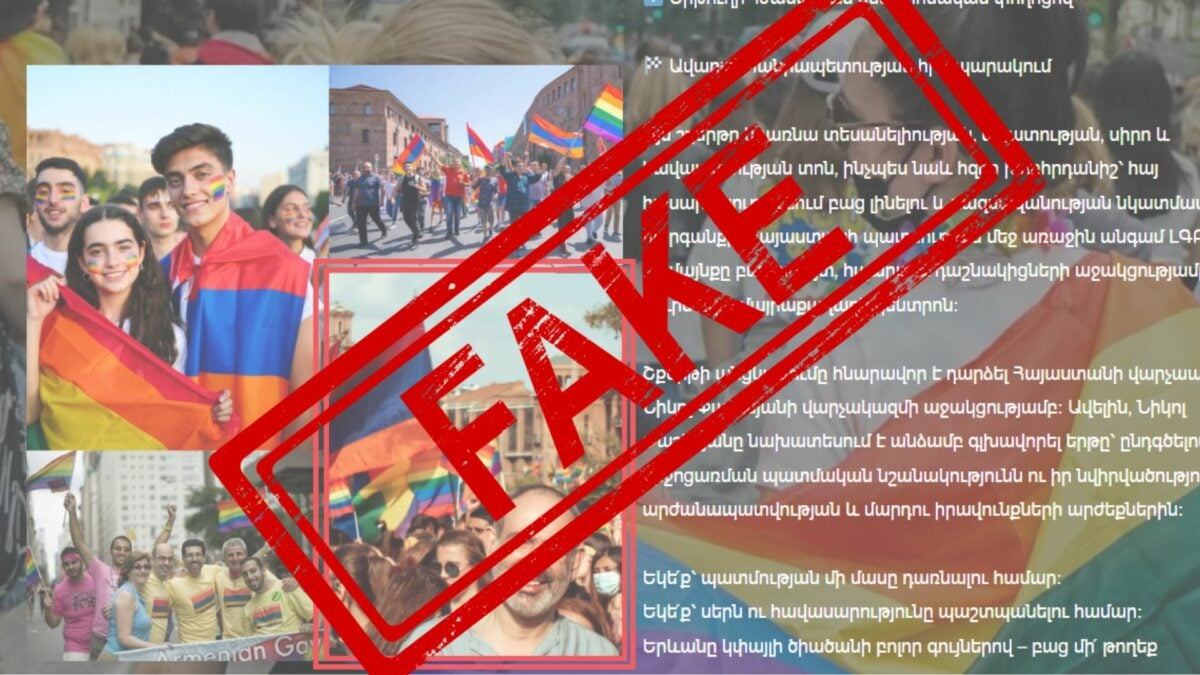For several days, the Armenian media, and not only, actively discussed the news about the possible visit of the President of Ukraine in all possible formats.
According to anonymous sources, Vladimir Zelensky planned to visit Armenia on March 4 after visiting Baku. However, on March 4, he did not visit Armenia or Azerbaijan.
This news was initially reported in the Armenian media on February 23 by Factor TV. The report stated that Zelensky’s visit to Armenia was being arranged, and negotiations with the Ukrainian side were ongoing to determine the date.
On February 26, Azatutyun radio station similarly reported, citing its sources, that the visit was scheduled for March 4.
The news was never confirmed or denied. When asked about the visit, the spokesperson of the RA MFA stated that information about such visits would be provided in due time. The president of Ukraine’s staff also commented that information about the president’s visits is regularly updated on the website.
Despite being unconfirmed, the information released by anonymous sources did not stop political and expert circles from speculating on its potential impact and presenting it as a future reality.
This speculation did not go unnoticed by foreign players, with the Russian side expressing concern that Ukraine’s president’s visit to Yerevan may have an irreversible impact on the Armenian-Russian relations.
According to their sources, Radar Armenia reported on March 1 that Baku canceled Zelensky’s visit to the region. This information quickly spread in the Russian and Ukrainian press.
It’s difficult to determine whether the visit was actually canceled or if it was never planned and the media was used for alternative purposes.
However, assuming that the news outlets, Factor TV and Azatutyun, are reputable and refrain from misusing their sources, it’s possible that the visit was indeed canceled.
However, the issue lies in presenting unverified news as fact. This is known as a factoid in professional literature. Norman Mailer coined the term in 1973, and it refers to dubious information or opinions presented as facts. Mailer defined factoids as “facts that did not exist before appearing in a magazine or newspaper,” they can be found in various media outlets.
A similar story occurred in 2016 when Donald Trump was elected president of the United States; there were rumors that he would visit Russia to meet with Vladimir Putin. Some American political circles believed that Putin had played a role in Trump’s election and claimed that Trump would visit Moscow to express his “gratitude” towards Putin.
The Russian media frequently reported that Donald Trump was willing to engage in dialogue with Russia and that, if elected president, he would make efforts to improve the strained relationship between the United States and Russia.
This idea was widely circulated and discussed as a potential reality beyond the two countries’ borders. Armenian media also analyzed this possibility and expressed concerns that the newly elected president’s visit to Russia could have negative consequences for Armenia.
Years passed, but Donald Trump never visited Russia, and the analyses, forecasts, and assessments, which were woven around nameless information, misled a part of the public, surely affected Trump’s image, and remained in Internet history.
Similar factoids are frequently utilized for propaganda objectives. They may originate from unidentified sources or by accusing adversaries of promoting false assumptions, which compels them to defend themselves, thereby legitimizing the false claim.
This can lead the public to believe that the information must be authentic and validated if a topic is being discussed and professionals express their views on it.
During Soviet times, the term “utka (eng. duck)” was used to describe the phenomenon of intentionally fabricated news. In one instance, Belgian Robert Corneliseni wanted to test the public’s gullibility and published an article in a magazine about the gluttony of ducks. The article described how a duck had eaten 19 of its fellow ducks that it had previously torn to pieces.
Despite Corneliseni later revealing the article was false, people continued to believe the story for a long time. Since then, any fabricated news appearing in the press has been referred to as “utka.”
It’s hard to determine whether the report about Zelensky’s planned visit to Armenia was accurate. It is possible that it was called off. However, this news came at a time when tensions between Yerevan and Moscow were on the rise.
The information was published a few hours after Prime Minister Nikol Pashinyan’s interview with France24. During the interview, Nikol Pashinyan announced that Armenia has suspended its participation in CSTO activities and mentioned that Armenia is not an ally of Russia in the Ukrainian war.
The news regarding the potential visit of the Ukrainian president has been used to escalate the already heightened anti-Russian sentiments. Zelensky’s canceled visit has been extensively covered and commented on, creating a perception that it actually took place.







